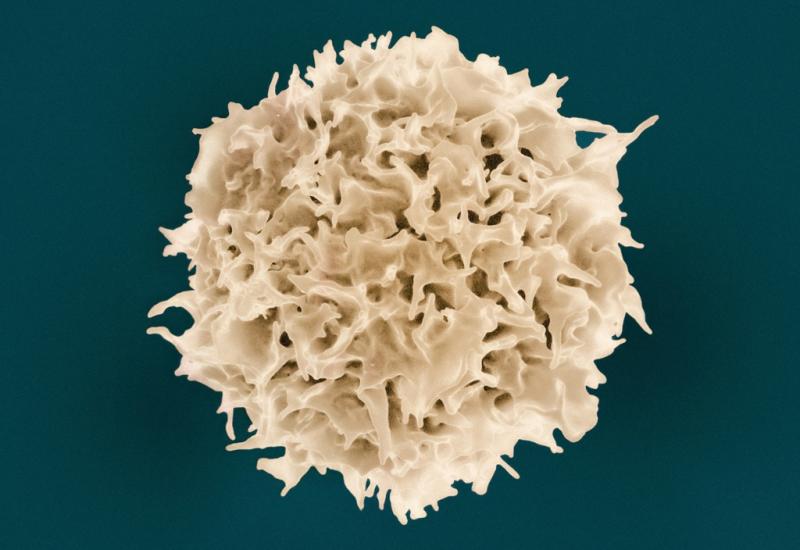
Arvinas leader departs under a Pfizer-shaped cloud
Weeks after criticising the group’s big pharma partner, John Houston is on his way out.
Weeks after criticising the group’s big pharma partner, John Houston is on his way out.

Arvinas has announced that its chief executive officer, John Houston, is retiring – not long after he blasted Pfizer, the group’s partner on its estrogen receptor degrader vepdegestrant.
At the Jefferies conference in early June, Houston suggested that the Pfizer deal was about to end, criticising the big pharma’s decision to abandon plans in first-line breast cancer, and saying the collaboration was under discussion. Houston’s successor has not yet been named, but this is now another unknown for Arvinas investors, already contending with a narrowing of vepdegestrant’s promise and fears that Pfizer might walk away.
Arvinas’s stock, which has been battered this year, closed up 3% on Wednesday.
First-line problems
At Jefferies, Houston said he disagreed with Pfizer’s decision not to take vepdegestrant into the first line; the companies had been intending to test the project here alongside the CDK4 inhibitor atirmociclib, announcing plans in January, but then cancelling them in May.
According to Houston, as a result of this decision, “whatever value vepdegestrant had plummeted”.
However, a more realistic reading is that Pfizer had concluded that vepdegestrant wasn’t differentiated from other oral oestrogen degraders. In March topline results from the Veritac-2 trial, in second-line ER-positive HER2-negative breast cancer, showed that the project only worked in ESR1 mutants – just like similarly acting compounds.
And full data, revealed at ASCO, reinforced these similarities – although it’s possible that vepdegestrant could be differentiated on side effects. Whether this will be enough to keep Pfizer interested is another question.
Even Houston admitted that “there's not as much value [in vepdegestrant] as we originally thought, for us or for Pfizer”. Analysts have estimated that the drug’s sales in second-line disease, where it’s currently awaiting an FDA decision, could total $500-700m per year.
Houston mooted the possibility of Arvinas regaining rights to vepdegestrant. This will soon be an issue for his successor to deal with.
2256













